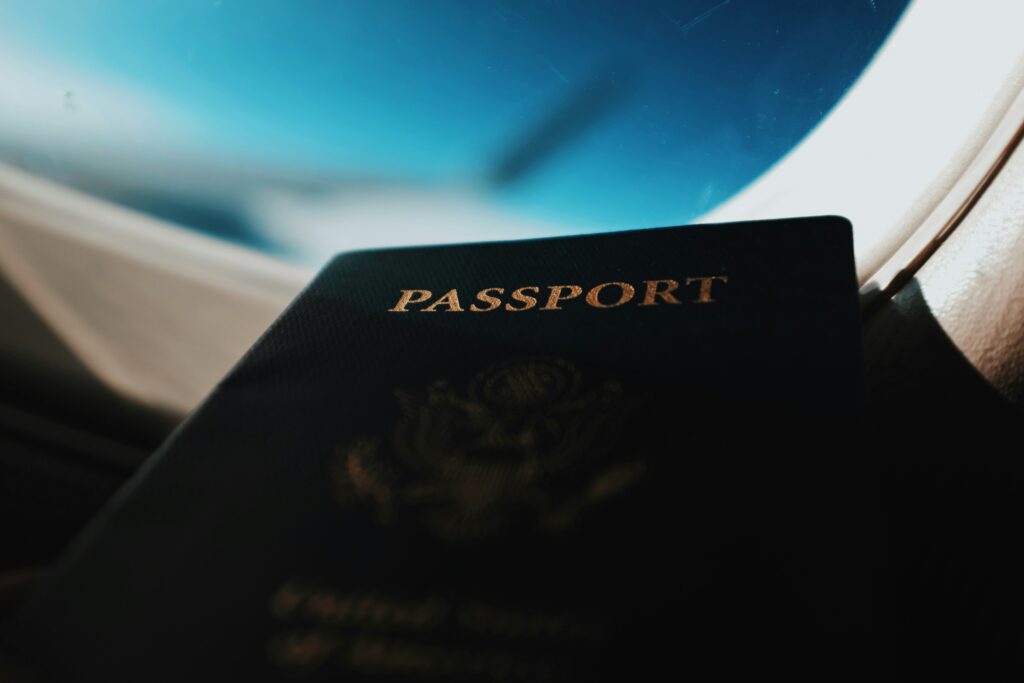Kenya’s Sudden ETA System Switch Sparks Legal Threats, Tourism Fallout, and Investor Concerns
Kenya’s quiet dismantling of its Electronic Travel Authorisation (ETA) system in March has ignited a storm of controversy, drawing legal threats from Swiss tech firm Travizory Border Security and triggering ripple effects across the country’s tourism and technology sectors.
The ETA platform, launched just three months earlier in partnership with Travizory, was abruptly scrapped and replaced by a government-developed system housed under the e-Citizen platform. The transition occurred without prior public notice or explanation—an opaque move that has alarmed digital partners, tourism operators, and potential investors.
To date, the government has not revealed the identity of the new vendor, nor addressed the rationale behind the sudden replacement. This silence has fueled speculation and deepened frustration within the travel industry, where approval delays and technical glitches are increasingly affecting tourists and operators alike.
“Tourists have missed flights due to approval delays. The trust that had been built is quickly eroding,” said Boniface Mwangi, a Nairobi-based tour operator.
Travizory’s Legal Battle Looms
Travizory’s now-defunct platform had earned praise for streamlining border processes—reducing approval times from two weeks to under three days, maintaining 99.97% uptime, and handling over 1.8 million applications in its inaugural year. The system was also lauded for its advanced digital screening capabilities and use of secure digital credentials.
However, those achievements are now overshadowed by controversy. The Swiss company is reportedly preparing a multi-million dollar lawsuit against the Kenyan government, alleging contract violations and intellectual property theft. According to insider reports, Travizory claims its proprietary technology was copied and integrated into the new platform without consent.
Legal experts warn that the case could carry far-reaching consequences.
“This case could set a precedent on how governments engage with international tech partners. If Kenya is seen as an unsafe environment for IP, future collaborations could be at risk,” noted a Nairobi-based legal analyst.
Tourism Sector Feels the Pinch
The tourism industry, which had been buoyed by a 40% increase in international arrivals following the ETA rollout and Kenya’s newly adopted visa-free travel policy, is now facing mounting cancellations and stalled bookings.
The Tourism Federation of Kenya has raised alarms about the fragile state of the sector, warning that trust is unraveling amid technical failures and regulatory uncertainty.
What began as a behind-the-scenes digital platform change has now spiraled into a high-stakes dispute with global implications. With legal action looming and industry trust shaken, Kenya’s response in the coming weeks could determine its reputation as a reliable digital and investment partner on the world stage.
The path to restoring confidence—among travelers, tech partners, and investors—may require far more than a new login page.





